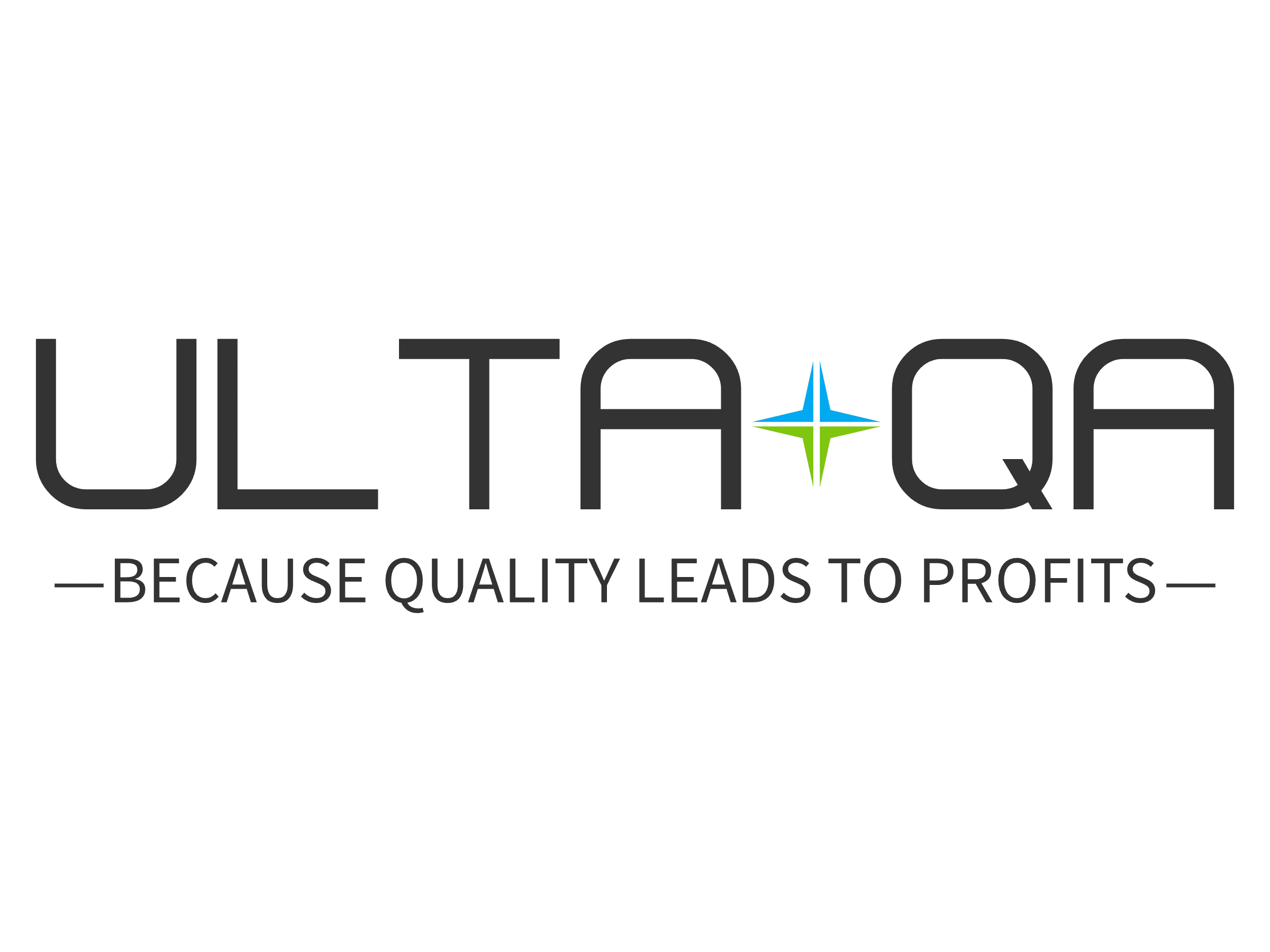In the rapidly evolving landscape of software development, quality assurance (QA) is paramount. To ensure robust, bug-free applications, companies are increasingly turning to automated testing initiatives. These initiatives not only enhance efficiency but also improve the overall quality of the product. However, the success of such endeavors hinges on the careful selection of tools and technologies. Let’s explore some indispensable tools that every company should incorporate into their automated testing arsenal:
- Selenium WebDriver: Selenium WebDriver is a cornerstone of automated testing, offering a powerful framework for automating web browsers. Its versatility, compatibility with multiple programming languages, and extensive community support make it an essential tool for web application testing.
- JUnit/TestNG: For Java-based projects, JUnit and TestNG are go-to frameworks for unit testing and integration testing, respectively. These frameworks facilitate the creation of robust test suites, enabling developers to identify and address issues early in the development cycle.
- Cucumber: Cucumber is a popular tool for behavior-driven development (BDD), allowing teams to create executable specifications in plain text. Its user-friendly syntax promotes collaboration between technical and non-technical stakeholders, fostering a shared understanding of the application’s behavior.
- Jenkins: Continuous integration (CI) is integral to modern software development practices, and Jenkins is a leading CI/CD tool. With Jenkins, teams can automate build, test, and deployment processes, streamlining the delivery pipeline and ensuring that changes are thoroughly validated before reaching production.
- Postman: Postman simplifies API testing with its intuitive interface and comprehensive feature set. Whether it’s testing endpoints, creating mock servers, or generating documentation, Postman empowers QA engineers to validate the functionality and performance of RESTful APIs effortlessly.
- Appium: Mobile application testing presents unique challenges, but Appium rises to the occasion. As an open-source tool for automating mobile apps, Appium supports both native and hybrid applications across iOS and Android platforms, enabling consistent and reliable testing experiences.
- Katalon Studio: Katalon Studio is an all-in-one automation solution that caters to both beginners and experts. With its rich set of features, including record-and-playback capabilities, keyword-driven testing, and robust reporting, Katalon Studio accelerates test creation and execution without compromising on flexibility.
- Artificial Intelligence (AI) Integration: Harnessing the power of AI can further enhance automated testing initiatives. AI-driven tools like Applitools and Testim offer advanced visual testing capabilities, intelligent test generation, and self-healing mechanisms, enabling organizations to detect subtle UI changes and adapt test scripts dynamically.
By incorporating these essential tools into their automated testing initiatives, companies can elevate the quality of their software products, accelerate release cycles, and ultimately deliver unparalleled value to their customers.
If you’re looking to increase sales, foster customer loyalty, and reduce glitches in your digital offerings, feel free to contact us.
Maurice Sanders
UltaQA.com
305-434-0738
maurice@mauricethefirst.com
